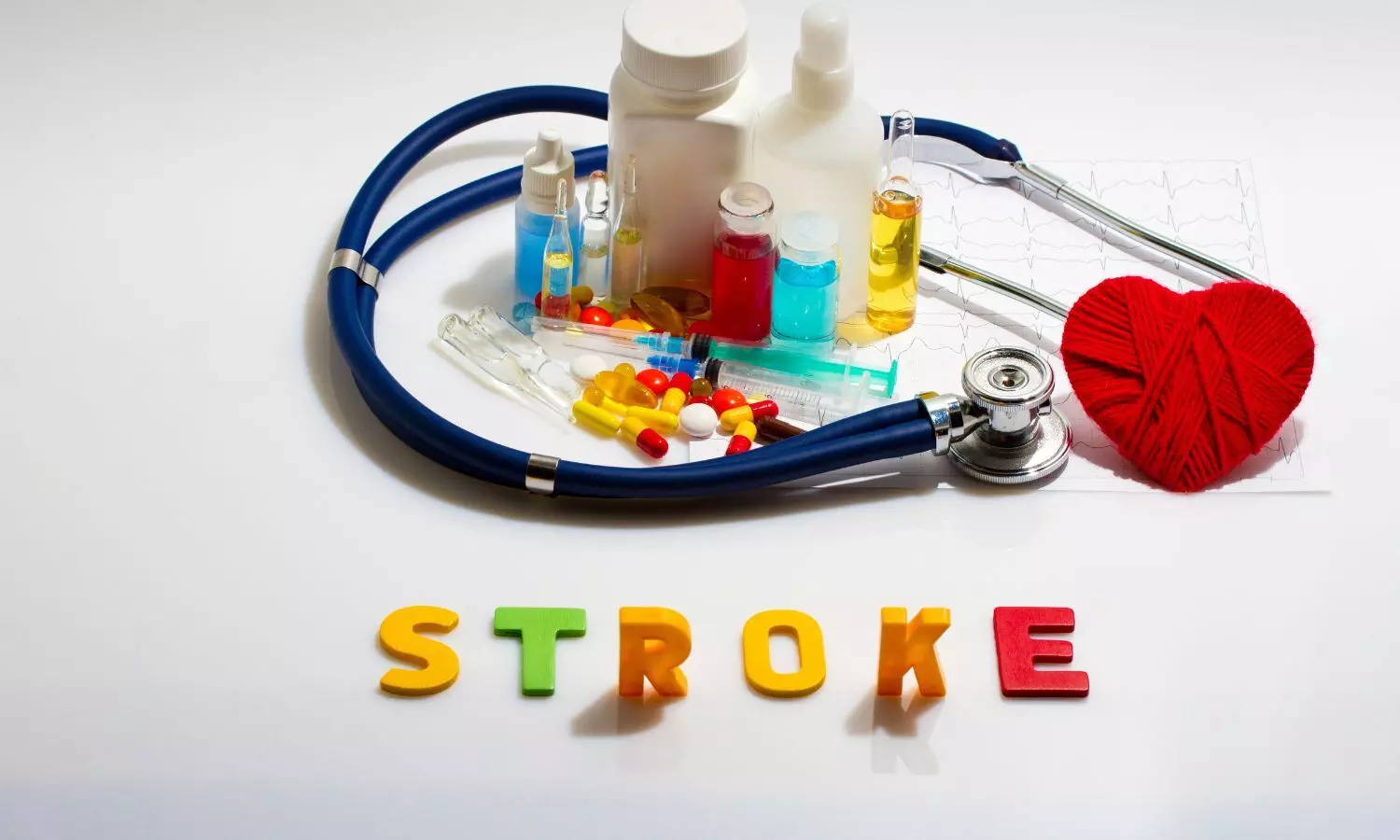Gum disease and cavities linked to increased stroke risk: Study
- byDoctor News Daily Team
- 28 October, 2025
- 0 Comments
- 0 Mins

People with both cavities andgum diseasemay face a higher risk of ischemicstroke, according to a study published on October 22, 2025, inNeurology® Open Access, an official journal of the American Academy of Neurology. The study does not prove that poororal healthcauses strokes; it only shows an association. Ischemic strokes are the most common type of stroke and occur when a clot or blockage reduces blood flow to the brain, depriving it of oxygen and nutrients. Cavities are holes in the tooth enamel caused by sugary or starchy foods or factors such as poor oral hygiene or genetics. Gum disease, usually caused by poor oral hygiene, is an inflammation or infection of the gums and jawbone. It can lead to tooth loss. “We found that people with both cavities and gum disease had almost twice the risk of stroke when compared to people with good oral health, even after controlling for cardiovascular risk factors,” said study author Souvik Sen, MD, MS, MPH, of the University of South Carolina in Columbia. “These findings suggest that improving oral health may be an important part of stroke prevention efforts.” Researchers analyzed data from 5,986 adults with an average age of 63 who had no prior history of stroke at the start of the study. All participants completed dental exams that assessed whether participants had gum disease, cavities or both. Participants were then placed in three groups: having a healthy mouth, gum disease only or gum disease with cavities. Researchers followed them for two decades, using phone visits and medical records to determine which people had a stroke. Of 1,640 people with healthy mouths, 4% had a stroke, of 3,151 people with gum disease only, 7% had a stroke and of 1,195 people with gum disease and cavities, 10% had a stroke. After adjusting for factors such as age, body mass index and smoking status, researchers found when compared to people with healthy mouths, those with both gum disease and cavities had an 86% higher risk of stroke. Those with gum disease alone had a 44% increased risk. The study also looked more broadly and found that people with both gum disease and cavities had a 36% higher risk of experiencing a major cardiovascular event, such as a heart attack, fatal heart disease or stroke when compared to people with healthy mouths. Participants who reported visiting the dentist regularly had 81% lower odds of having both gum disease and cavities and 29% lower odds of having gum disease alone. “This study reinforces the idea that taking care of your teeth and gums isn’t just about your smile; it could help protect your brain,” said Sen. “People with signs of gum disease or cavities should seek treatment not just to preserve their teeth, but potentially to reduce stroke risk.” A limitation of the study is that participants’ oral health was assessed only once at the start of the study, so changes in dental health over time weren’t captured. It’s also possible that other unmeasured health factors contributed to the findings. Wood, S., et al. (2025). Combined Influence of Dental Caries and Periodontal Disease on Ischemic Stroke Risk. Neurology® Open Access. doi.org/10.1212/wn9.0000000000000036
Disclaimer: This website is designed for healthcare professionals and serves solely for informational purposes.
The content provided should not be interpreted as medical advice, diagnosis, treatment recommendations, prescriptions, or endorsements of specific medical practices. It is not a replacement for professional medical consultation or the expertise of a licensed healthcare provider.
Given the ever-evolving nature of medical science, we strive to keep our information accurate and up to date. However, we do not guarantee the completeness or accuracy of the content.
If you come across any inconsistencies, please reach out to us at
admin@doctornewsdaily.com.
We do not support or endorse medical opinions, treatments, or recommendations that contradict the advice of qualified healthcare professionals.
By using this website, you agree to our
Terms of Use,
Privacy Policy, and
Advertisement Policy.
For further details, please review our
Full Disclaimer.
Recent News
Scientists discover a hidden antibiotic 100 times...
- 31 October, 2025
Gut microbes may convert fiber into extra calories...
- 31 October, 2025
Who's eligible for faculty appointment? NMC clarif...
- 31 October, 2025
AMU JN Medical College launches code blue emergenc...
- 31 October, 2025
Daily Newsletter
Get all the top stories from Blogs to keep track.


0 Comments
Post a comment
No comments yet. Be the first to comment!